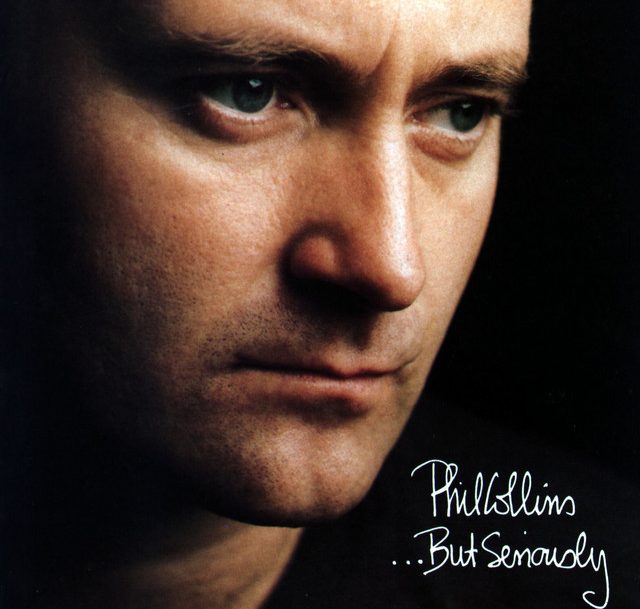From popularising gated reverb production techniques to performing at Live Aid, the success of Phil Collins’ 80s solo career had turned him into one of the decade’s biggest pop stars. By 1989, however, it had been five long years since the Genesis frontman’s last solo record. Having courted Hollywood stardom thanks to his lead role in the 1988 comedy movie Buster, Collins was keen to use his position to raise awareness of social and political causes that were close to his heart. His next album, the earnest, sobering … But Seriously, capped off a decade in the spotlight by showcasing Collins’ depth and maturity as a songwriter, wasting no time at all with a hit now regarded as one of the best Phil Collins songs of all time…
Listen to ‘… But Seriously’ here.
“I was amazed by how many people I saw living in boxes”
Released as … But Seriously’s lead single in October 1989, Another Day In Paradise saw Collins deftly tackle the issue of homelessness after seeing lines of cardboard boxes just a stone’s throw away from The Capitol Building, in Washington, DC. “I was amazed by how many people I saw living in boxes,” Collins said, aghast at witnessing such poverty in such a wealthy city.
Directly confronting the problem, Collins wrote a song challenging people who turn a blind eye to those in need. “I’m talking about your man on the street that actually just has not got a roof over his head,” he explained. “There’s so much of that in Europe, in America, all over the world now.” Blending social commentary with a synth-aided pop hook, the song struck a chord with the record-buying public and immediately went to No.1 on the US Hot 100.


